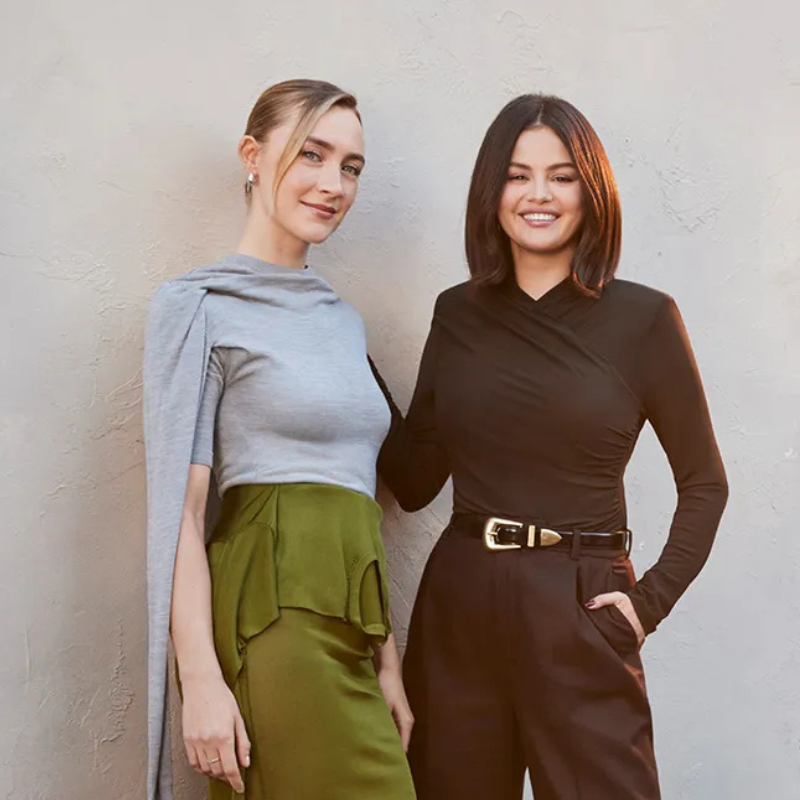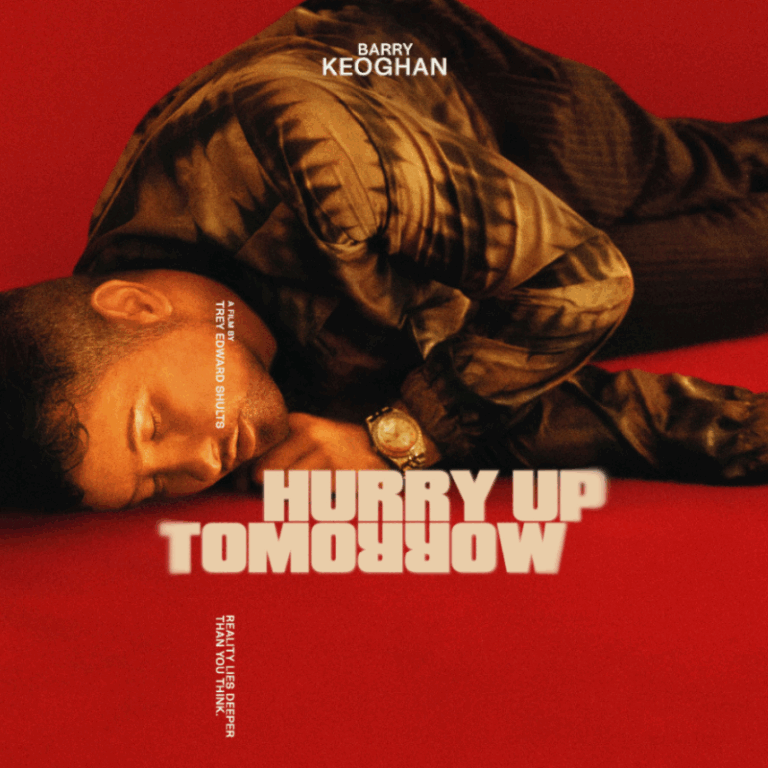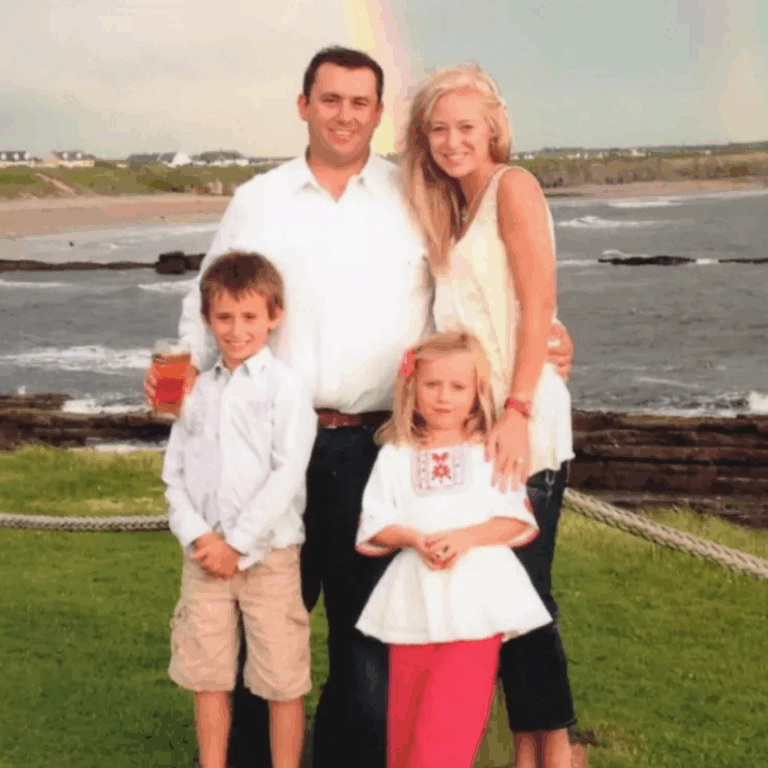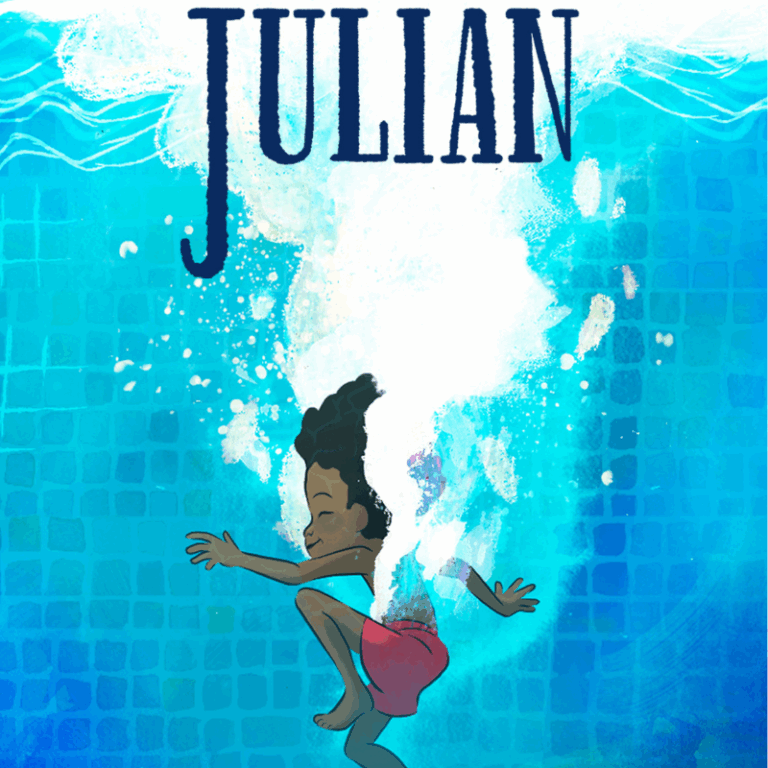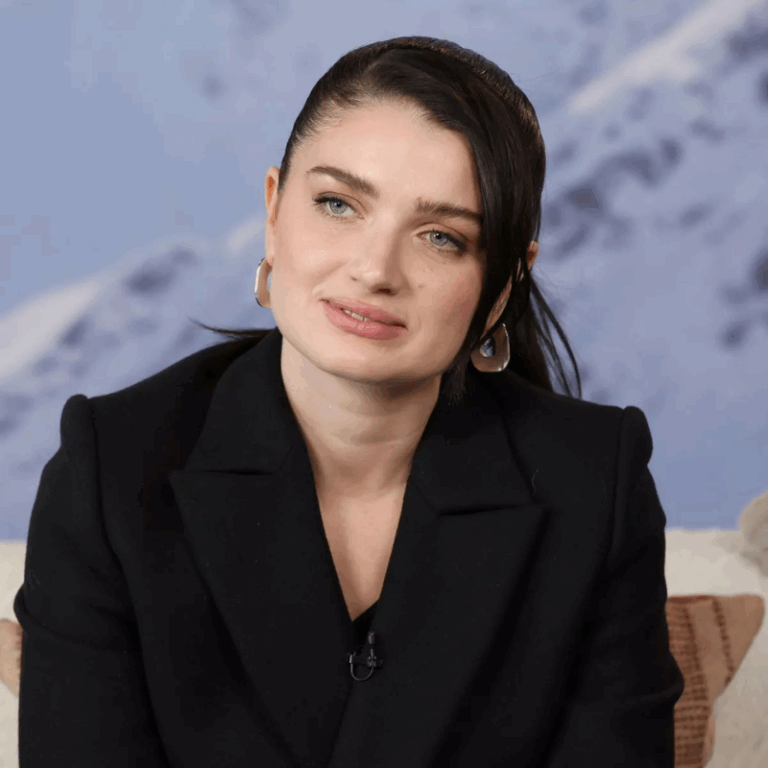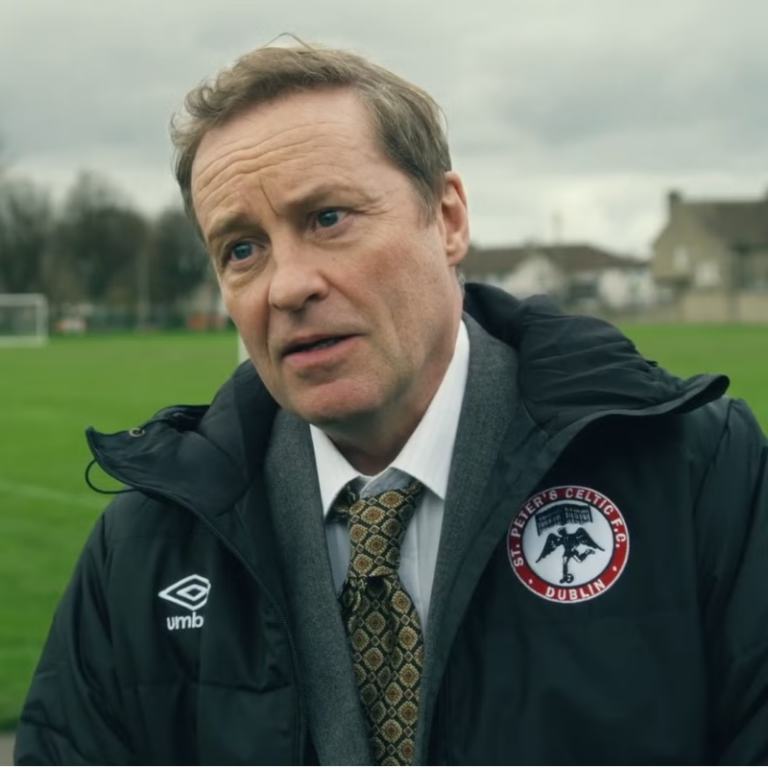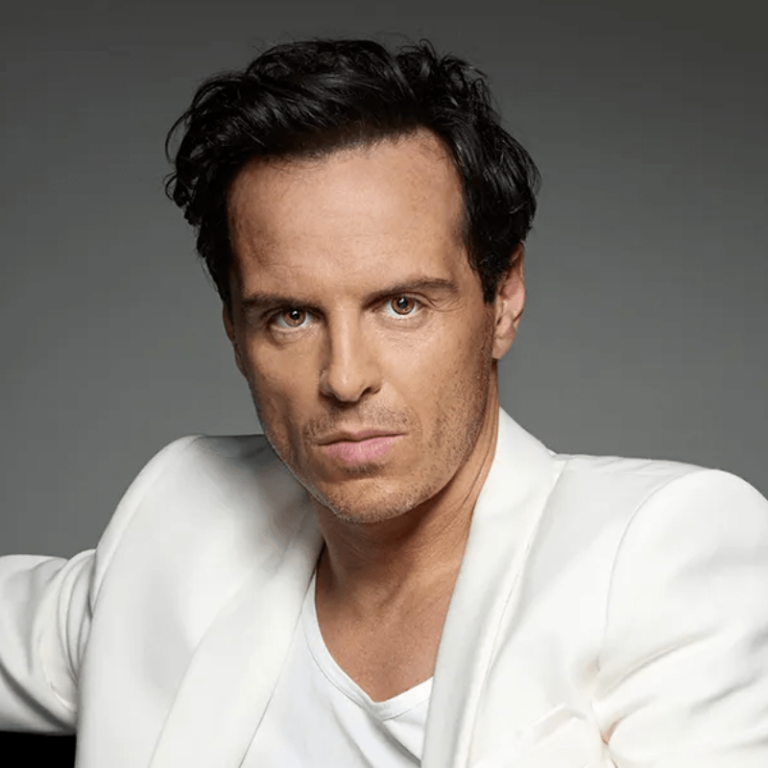During a recent Variety’s ACTORS ON ACTORS conversation, Saoirse Ronan and Selena Gomez delved into the profound emotional territories of their recent film roles, exploring themes of personal transformation, cultural identity, and the healing power of storytelling.
Audiard’s EMILIA PÉREZ, Gomez immerses herself in a deeply personal narrative. Her character Jessi’s journey of self-discovery after losing her partner becomes a canvas for cultural exploration. By performing in Spanish, Gomez not only honors her roots but discovers an unexpected therapeutic process. The role represents more than just acting for her—it’s a celebration of linguistic and cultural identity, enhanced by the emotional resonance of singing in her heritage language.
Saoirse Ronan takes a bold step in THE OUTRUN, a project that goes beyond traditional storytelling. As both producer and lead actress, she confronts the complex landscape of addiction. “It’s a monster I had to confront,” Ronan candidly reveals, demonstrating her commitment to portraying challenging emotional experiences. The film becomes a personal exploration, allowing her to process and understand addiction’s profound impact.
Her companion film BLITZ further showcases her range, depicting a young mother navigating the tumultuous environment of war-torn London—another testament to Ronan’s ability to embody complex, nuanced characters.
A Shared Artistic Philosophy Both actresses articulate a similar approach to their craft. For them, performance is not just about portrayal but transformation. Ronan eloquently describes this process: “You channel emotions into the performance, and by the end, it’s almost cleansing.” This perspective reveals acting as a deeply introspective and healing experience.
Gomez and Ronan represent a new generation of actors who see their roles as more than entertainment. They are storytellers committed to reflecting lived experiences, challenging societal narratives, and exploring the intricate emotional landscapes that define human existence.
Their conversation in the Variety series becomes a powerful testament to the evolving role of cinema—not just as a medium of entertainment, but as a profound tool for personal and collective understanding.
